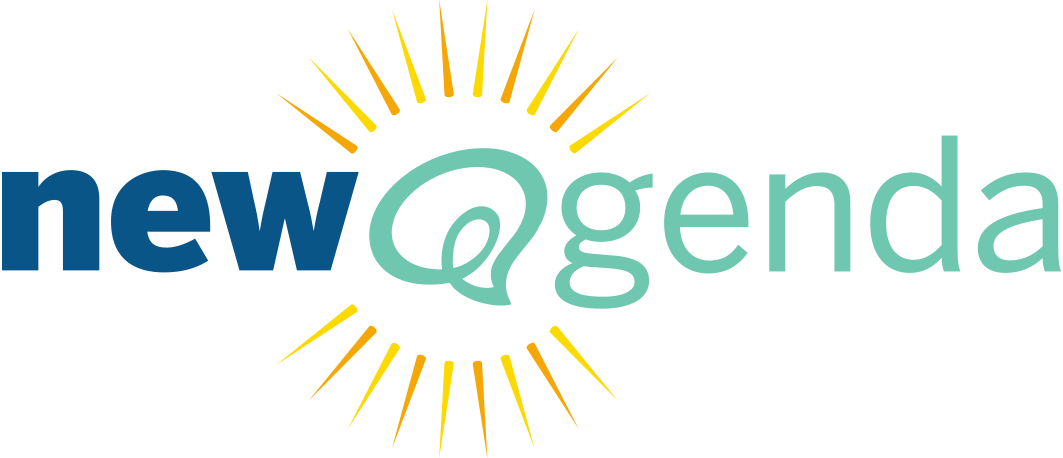Perhaps Executive Function Coaching has been suggested for you or a family member.
Perhaps you recently read the Wall Street Journal article The New Must Have for Overwhelmed Kids: an ADHD Executive Function Coach highlighting benefits, or the research that has surged denoting the benefits and gains from EF Coaching.
Yet, you are left wondering, What is EF Coaching, and How does EF Coaching work?
The starting point is understanding what Executive Function Skills refers to, and why this is important.
Executive Function (EF) skills are cognitive processes that help individuals manage themselves and their resources to achieve goals. These skills are crucial for planning, organizing, managing time, controlling impulses, and adapting to new situations, whether related to academics, work, social, or life skills. They are primarily associated with the prefrontal cortex of the brain and play a vital role in daily life, academic performance, work, and personal relationships.
Core Executive Function Skills:
- Working Memory
The ability to hold and manipulate information in your mind over short periods, such as following multi-step instructions or solving mental math problems. - Cognitive Flexibility
The capacity to adapt to changing circumstances or perspectives, think creatively, and switch between tasks effectively. - Inhibitory Control (Impulse Control)
The ability to resist immediate temptations, distractions, or urges in order to stay focused on a goal.
Higher-Level Skills (often building on core EF skills):
- Planning and Prioritization
Determining what steps are needed to reach a goal and identifying what is most important. - Organization
Creating and maintaining systems to keep track of information, tasks, and belongings. - Time Management
Estimating how much time tasks will take, allocating time effectively, and meeting deadlines. - Task Initiation
Starting tasks promptly without procrastination. - Emotional Regulation
Managing emotions to stay calm and productive, especially in challenging situations. - Self-Monitoring
Recognizing and evaluating one’s performance and behavior, adjusting as needed.
Importance of EF Skills:
Executive function skills are foundational for success in many areas of life. Challenges with Executive Function Skills can impact:
- Academic achievement
- Workplace productivity and work-life balance
- Relationships and social interactions
- Daily life tasks, like managing finances, keeping appointments, maintaining household responsibilities
New Agenda Executive Function Coaching provides tailored support for individuals struggling with EF challenges. We partner with you to focus on building practical strategies to improve organization, planning, time management, and emotional regulation using a relationship-based approach. The benefits of EF coaching span multiple areas of life, making it a valuable tool for people of all ages and backgrounds, including students, professionals, and individuals with ADHD or other neurodiverse traits.
Our Executive Function Coaching provides:
- Individualized Approach: Our coaches tailor strategies to each client’s specific needs and goals.
- Nonjudgmental Support: Our clients feel safe discussing challenges, allowing for honest exploration and growth.
- Actionable Focus: New Agenda coaching emphasizes practical steps, ensuring skills are applied in real life.
- Collaborative Process: Our clients and coaches work together to create achievable and meaningful goals.
Key Benefits of New Agenda Executive Function Coaching:
1. Improved Productivity
- Skill-building: Clients learn strategies to overcome procrastination, manage their time effectively, and prioritize tasks.
- Accountability: Regular check-ins and goal-setting ensure consistent progress.
2. Enhanced Organization
- Systems Development: Coaches help create systems for tracking assignments, managing deadlines, and organizing physical and digital spaces.
- Clarity: Breaking tasks into manageable steps reduces overwhelm and increases follow-through.
3. Better Emotional Regulation
- Stress Management: Clients learn techniques to stay calm under pressure and handle frustration effectively.
- Confidence Growth: Achieving goals builds self-esteem and reduces feelings of inadequacy.
4. Strengthened Academic or Workplace Performance
- Tailored Strategies: Coaches help clients apply EF skills to specific environments, such as school or work, improving performance and reducing stress.
- Adaptability: Skills like cognitive flexibility enable clients to respond effectively to changing demands.
5. Increased Self-Awareness
- Strength Identification: Coaching helps clients understand their strengths and how to leverage them.
- Self-Monitoring Skills: Clients learn to assess their performance and adjust behaviors as needed.
6. Improved Relationships
- Communication Skills: Coaching can address impulsivity or disorganization that may strain relationships.
- Reliability: Better EF skills help individuals meet commitments, enhancing trust with others.
7. Personal Growth
- Empowerment: Clients gain a sense of control over their lives by mastering the tools they need to succeed.
- Lifelong Skills: The strategies learned are applicable across various contexts and stages of life.
8. Support for Neurodiverse Individuals
- ADHD-Specific Strategies: Coaching often addresses unique challenges like time blindness, hyperfocus, or emotional dysregulation.
Executive Function Coaching empowers individuals to harness their strengths, develop personalized strategies, and achieve greater success in their academic, personal and/or professional lives, thus building essential skills that foster independence, confidence, and resilience.
Reach out and let us know how we may help.






